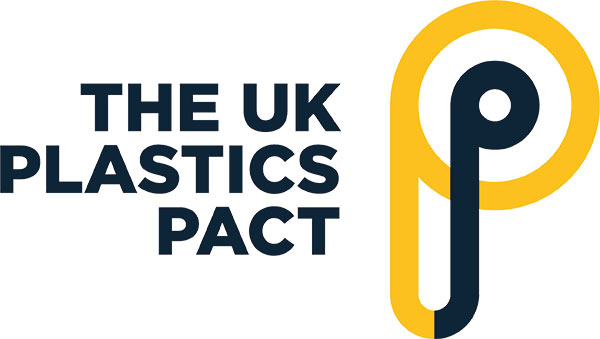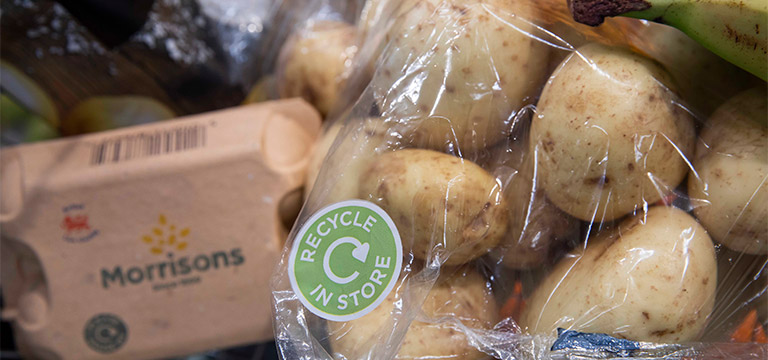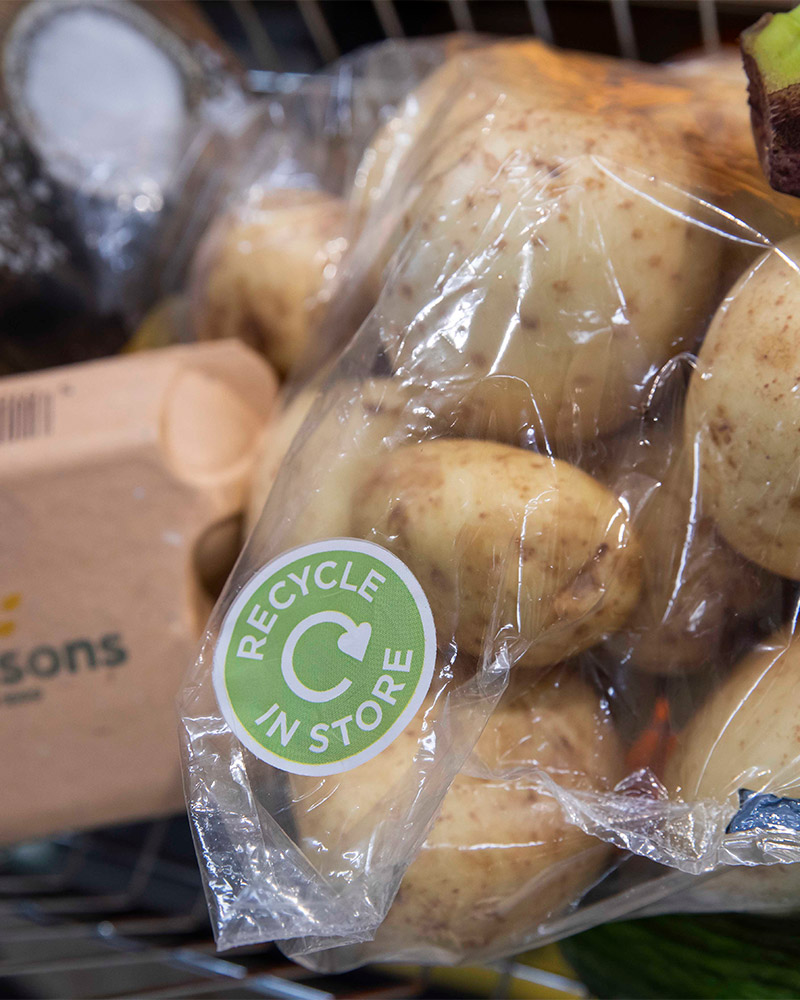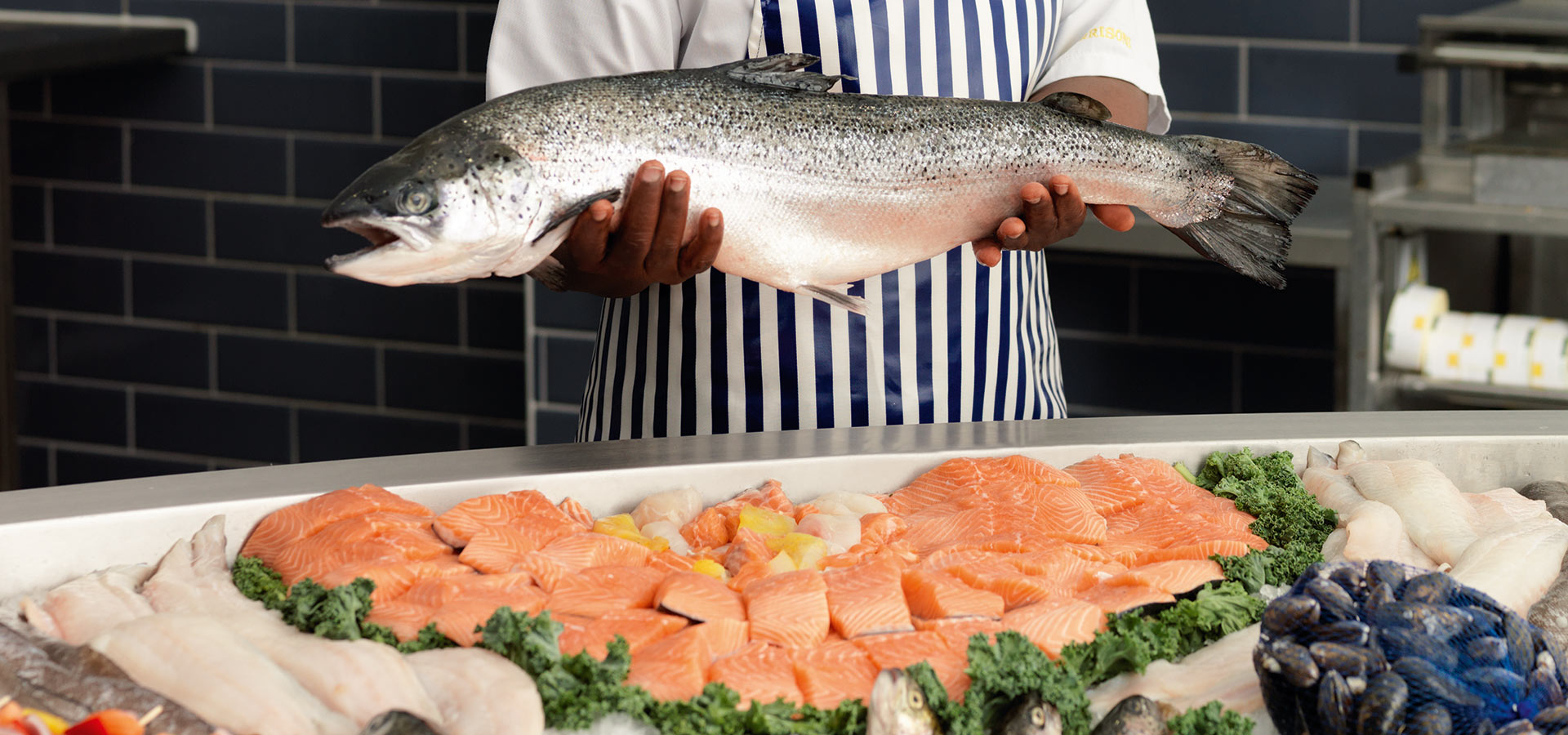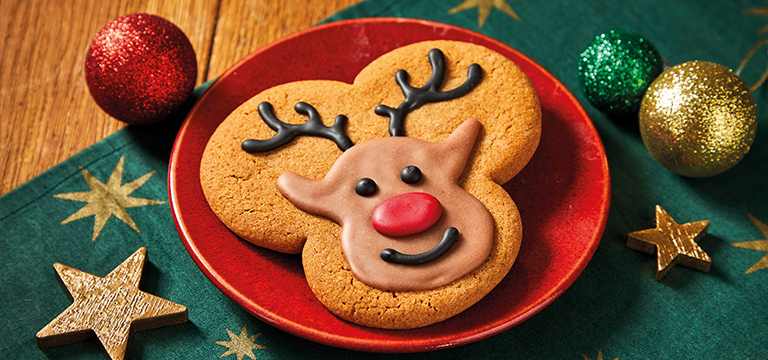We've moved to paper bags for loose fruit and vegetables which are 100% recyclable. This will remove 174 million plastic bags, which is 269 tonnes of plastic.
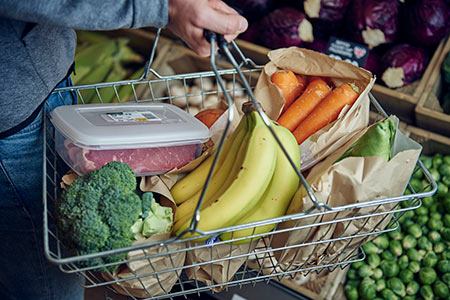
Find out more about brown paper bags on Market Street >>
You can recycle your used batteries at our battery recycling points in store
All Morrisons stores have battery recycling points which are typically situated at the front of store. We are supporting a campaign called Bring Back Heavy Metal which aims to increase recycling of batteries across the UK througout October. 178 million used batteries are hoarded in UK homes, so bringing yours with you to recycle when you shop will make a huge difference.
Other things we've done so far... - Removed boxed plastic straws from sale and for use in our customer cafes.
- Stopped selling 5p carrier bags from sale in our stores - This will remove 192m carrier bags per year, which is 1536 tonnes of plastic
- Offering customers the option to refill their water bottles for free in our stores and have installed drinking fountains into our new stores to reduce the amount of plastic water bottles our customers use, we
- Ended our use of plastic wrap on fresh British summer season cucumbers. This will remove 16m sleeves per year, which is 24 tonnes of plastic.
We have already taken a number of steps to reduce plastic pollution. We are working through all of our own brand products to identify, reduce and remove any unnecessary plastic packaging. This has included: - We removed 5p plastic carrier bags from all stores in March 2018 and offering customers a range of reusable bags (which has removed 273 million bags equating to 2,597 tonnes of plastic a year);
- In an industry first, we introduced the option of using large reusable paper carrier bags in all of our stores in May 2019. They are made in Wales from paper from sustainably managed forests and are strong enough to carry heavy weights up to 16kg. We’ve also put up the price of our reusable plastic bags. So, customers are now buying and reusing our paper bag (based on our trial we believe could reduce plastic bag usage by over 33 million bags equating to over 1,300 tonnes of plastic a year);
- In June 2018, we were the first supermarket to allow customers to use their own containers for meat and fish at our Market Street Butcher and Fishmonger counters, and more recently extend have extended this to our Deli counter for cooked meats and cheeses (which has removed 1.8 million meat and fish trays equating to 35 tonnes a year);
- We have the highest proportion of loose fruit and vegetables sales of any supermarket. This year we are rolling out loose fruit and veg areas into 60 stores, offering customers up to 127 fruit and vegetable varieties all in one aisle - making it easy for our customers who want to do a plastic free fruit and veg shop (we expect this to save over 3 tonnes of plastic a week in those 60 stores);
- We were the first supermarket to remove small plastic fruit and vegetable bags from our greengrocery aisles, and to replace them with paper bags in June 2018 (which has removed 173 million bags or 269 tonnes of plastic a year);
- We completely removed expanded polystyrene from all Morrisons food and drink products in March 2019 (which will remove over 90 million trays equating to 600 tonnes of plastic a year);
- We stopped making any new own brand products using black plastic packaging in March 2019 (this will remove 100 million black plastic trays equating to over 3,700 tonnes of plastic a year);
- We have committed to removing all rigid PVC from our packaging by the end of 2019. To date we have already removed 600 tonnes this year;
- We have removed plastic packaging from our full range of own brand eggs in June 2018 (which has removed 300 tonnes of plastic a year);
- We have removed plastic from some fruit and veg, including British summer season cucumbers, asparagus and rhubarb;
For all online orders picked at one of our 25 stores, we will no longer be using any plastic bags, and replacing them with a paper carrier bag (this will remove 11.6 million plastic bags a year - the equivalent of 81 tonnes); - We also collect and recycle used plastic bags from our online customers at the doorstep, with approximately 70% of all bags issued being returned and recycled. In addition, we are working closely with our online partner Ocado to be able to offer a bagless solution to online customers;
- We have moved the labels for Morrisons branded fresh meat products from plastic to paper (which has saved around 40 tonnes of plastic a year);
- We have reduced the thickness of the film used across all own brand sliced bread by 17% (this move has saved 77 tonnes of plastic a year);
We are trialling reverse vending machines in five stores to incentivise customers to return plastic bottles; - In 2018, we were the first UK supermarket to trial reusable and refillable options across a range of ambient and frozen lines - including seeds, pasta, rice, dried fruit, frozen fruit, frozen pies and pastries. Customers can place their chosen quantity into a paper bag or their own container and pay by weight. So that all customers can choose loose and to incentivise participation, the cost of these loose products is 10% cheaper than their packaged counterparts;
- In seven of our stores we are trialling a household cleaning ‘Bottle for Life’. The ‘Bottle for Life’ is an unbranded plastic trigger bottle which is sold with a range of water-soluble pods suitable for floor, bathroom, glass, kitchen and multipurpose cleaning, retailing at £1.50 each;
- We are making water freely available in our cafés for customers who want to refill their water bottles, and fitting drinking water fountains into new stores. We are also included on the Refill app, to help the public easily locate Morrisons stores;
- We offer customers the option of using their own travel mugs for hot drinks at our cafes, barista bars and food to go stations, instead of using disposable coffee cups. Customers get a 25p discount at our barista bars when they use their own cups;
- We only use paper drinking straws in our cafes, and last year removed boxed plastic straws from sale – replacing them with paper straws;
- Since last year we only stock cotton buds with paper stems, rather than plastic ones;
- From last year we prohibited the use of microbeads in our own brand products, ahead of legislation;
- We’ve ensured that our own brand nappies, absorbent hygiene products, wet wipes, cotton wool and sanitary protection products are labelled with the industry recommended ‘Bag It, Bin It, Don’t Flush It’ logo;
- We’ve recently added front of pack logos to our biggest selling lines (e.g. toilet roll and bread bags) to highlight when packaging film can be recycled in store at one of our recycling points. The label scheme - which clarifies whether film, sleeves, trays, card or plastic can be recycled - will feature on 400 lines initially which equates to over 500 million items sold per year. It will be rolled out across other products where appropriate;
- We offer Recycling Points in the entrance of all of our stores for old plastic bags and film; and,
- We host many council recycling facilities on our store car parks.
